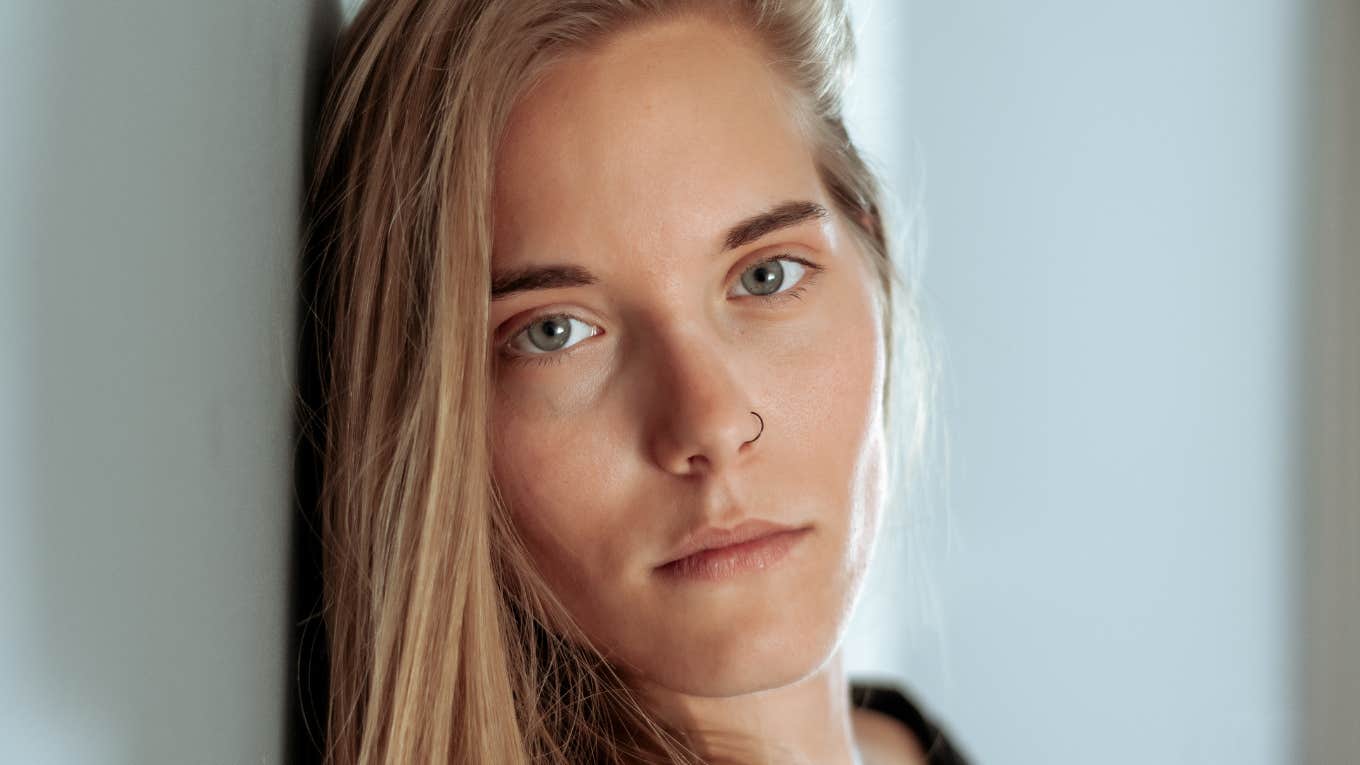‘It’s Not Giving Up’ — 25-Year-Old Terminally Ill Woman Calls Voluntary Assisted Dying ‘One Of The Bravest Things You Could Ever Do’
Her life, and her death, will happen on her own terms — and there's no reason they shouldn't.
 perechulia | Shutterstock
perechulia | Shutterstock There is a lot of controversy surrounding the decision to die with dignity. Only 10 states in the U.S. legally allow what is commonly referred to as physician-assisted suicide, according to CNN. People have very strong opinions on the topic, but a lot of those people have never been through a difficult medical situation that would warrant the consideration of physician-assisted suicide.
It’s easy to think something is wrong when you have no experience with it yourself. Annaliese Holland, a 25-year-old from Australia, admitted that she even thought what her country calls voluntary assisted dying (VAD) was questionable. Now, she feels differently. She told news.com.au, “My whole views of that changed when I got sick, I saw it in a completely different way.” Now, she is pursuing VAD so she can live — and end — life on her own terms.
Holland has a rare form of dysautonomia known as Autoimmune Autonomic Ganglionopath (AAG).
In a TikTok video, Holland explained that dysautonomia refers to a dysfunction of the autonomic nervous system, which basically controls all of the body functions you don’t have to think about, like digestion and blood pressure. Some people are more familiar with other forms of dysautonomia, like POTS and gastroparesis.
Holland, who is in multi-organ failure and has experienced sepsis 25 times, said, “It’s not always terminal if it’s caught and treated early. But for me, my diagnosis was so late, the damage was done, and even trying to use treatments was just putting me in more danger of other things taking my life.”
Holland lives in what many people would consider a nightmare. She explained she had feeding tubes inserted before doctors realized her stomach failed to empty, so she was placed on TPN, or total parenteral nutrition. “At night, I am fed with a drip for, like, 12 hours, and I get my fluids the same way to stay hydrated,” she said.
Holland is only going to get worse, which is why she chose to pursue VAD.
She was very concerned that her fragile health would lead to a long and painful death through something like sepsis or starvation. Holland has watched other friends pass away, and has been around hospitals enough to know what it’s like when someone dies. She doesn’t want that.
“I was officially diagnosed as terminal in 2022,” she shared. “A doctor sat down with me and was like, ‘We have to have this tough conversation.’” Shortly after, she looked into VAD.
Go Gentle Australia explained that the country’s “assisted dying laws are some of the most restrictive in the world.” To qualify, you must have a terminal illness that will probably end your life within six months, be an Australian citizen, and have the ability to make decisions independently. As Holland said, “I had to speak to psychologists to make sure it wasn’t just a bad moment. So I went through the VAD process and within three weeks I found out I had been approved.”
Now, Holland can go when she chooses, but she’s not ready yet.
She has a bucket list she is working through, which includes moving out on her own, trying on a wedding dress, and going to a Lady Gaga concert. That doesn’t really take away the sting of all that she’s lost, though. “All my friends are having babies, are getting engaged, married, and life is moving forward for them but I’m just surviving,” she said.
 Liza Summer | Pexels
Liza Summer | Pexels
There aren’t many statistics about physician-assisted suicide in the U.S. CNN suggested that it is most common in California and Oregon. Unlike in Australia, where the entire country has a standardized system for VAD, laws vary by state in the U.S.
Holland argued, “Talking about death and choices shouldn’t be taboo.” She’s right. Some people will always have objections to physician-assisted suicide, but you really can’t say what you would do for sure unless you’re personally faced with that situation. If someone has a terminal illness, they should have the right to decide when their life ends and do so on their own terms.
Mary-Faith Martinez is a writer with a bachelor’s degree in English and Journalism who covers news, psychology, lifestyle, and human interest topics.

